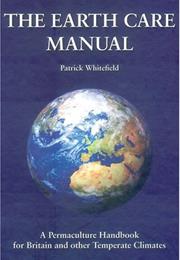Permaculture Association 2nd International Research Survey 'What Research is Wanted?'
The Permaculture Association has published the report on their 2nd International Research Survey. The report,
written by Cat Richards, analyses 45 responses to the survey
conducted at the end of 2012. The key findings are:
1) 82% of participants said they would be interested in being involved in an international permaculture research network.
2) Participants felt that creating more empirical evidence about permaculture methods should be a priority.
3) The same number of participants proposed social science based questions
as suggested physical science based questions.
4) Eleven key aspects of a potential research network were identified.
The full report can be found on The Association's website, following the link above.








